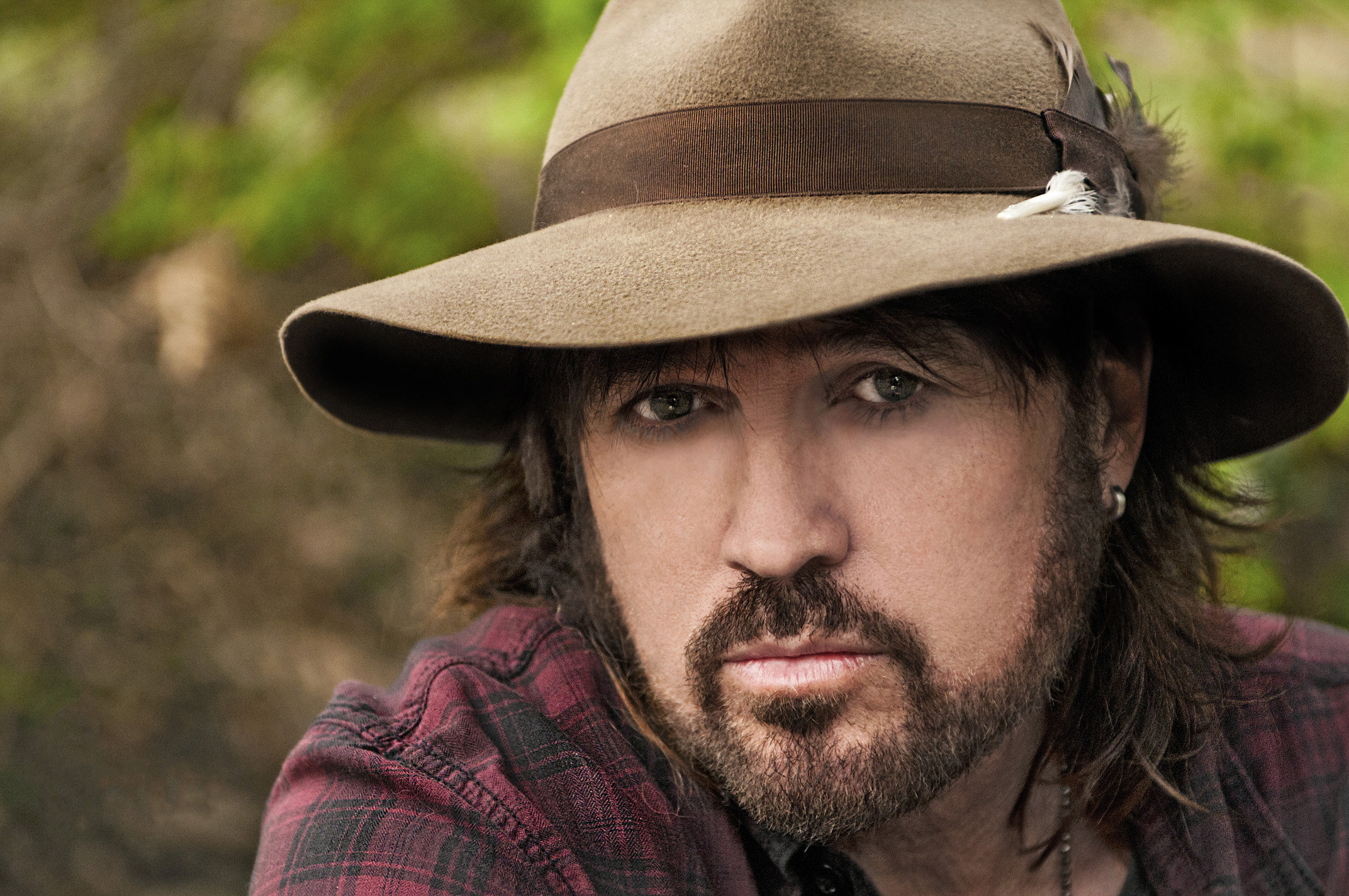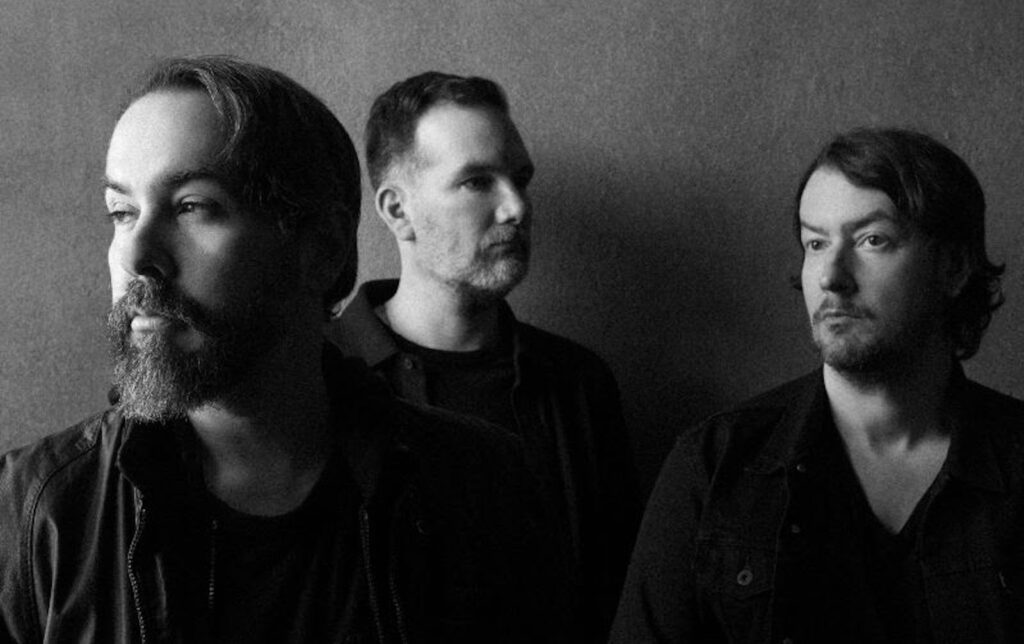There are two sides to Gengahr – escapism and realism. It’s a dichotomy of being and to explore one means to explore the other; at least, that’s how frontman Felix Bushe sees it. In 2015, the North London quartet released their whimsical album A Dream Outside, and is now back with their second expansive indie-rock collection, Where Wilderness Grows.
“The primary shift I feel from the first album to this one, is trying to make things feel more personal, more connected, more human,” Bushe says.
Where Wilderness Grows is utterly bewitching, laced with some subtle, and some not-so-subtle emotions. “The first album was centred around escapism and exploring alternative realities – with this album, I wanted it to be like emotions under the microscope, make it more about myself, and in doing that, hopefully allow other people to connect,” Bushe says.
Gengahr have certainly flipped the coin with the new release and it may have taken its toll on Bushe. To draw oneself out from a more reclusive state in music would naturally be a taxing process, but it’s one Bushe can now reflect on with a better understanding of why Gengahr release music as they do. “It felt like a natural progression. I feel like I’m building off the first album and I have a lot more confidence in songwriting now. Things are quite self-conscious on the first album, maybe I didn’t have the confidence to put myself out there as much.
“By creating an alternative realty and building your own narrative, you allow yourself to be removed from the equation. It’s a defence mechanism in a way, hiding in the song. I try to bare my soul a little more on the new album and say ‘Fuck it, let’s see what happens.’ I hope that truthful element allows people to get into the songs more and make them their own. I feel it was hard for a lot of people to get involved in the first album.”
Though he may not have realised it then, there was a lot of truth for Gengahr after the release of their debut, which saw them playing the likes of Splendour In The Grass and Glastonbury Festivals – small achievements by no means. Immersing himself into a live setting and drawing on the energy of the fans, Bushe’s previously reclusive state transgressed into the realism we hear on Where Wilderness Grows. “A huge amount of confidence comes from the crowd,” he says. “What the listener may not realise [is] how much influence they have on us because your success is driven by how many people buy tickets and how many people come and see you.
“There’s an element where, when you start out in music it’s just for you, you’ve made it for yourself. When you get to the next step, there’s this strange voice that’s added in the back of your head that says, ‘They’re your fans. They’re the ones who bought your first album and who want to come and see you.’
“You’re greatly indebted to that voice. You don’t necessarily have to adhere to it completely but you do have to be aware that it’s there. At the end of the day if you produce something no one likes, you’ve let them down.
“You’re aware of that but at the same time it can’t rule your decisions, you do have to be confident in realising that what you made the first time was something they liked, even though you made it for you. That’s a counter-voice in your head as well, that you should be sure of yourself, you’re the one that got yourself in that position in the first place. It’s a strange dynamic.”
Thus far, Gengahr have danced with escapism, and are now brooding with realism – but is there a happy medium? Will that coin ever land on its edge? With a somewhat existential tone Bushe says, “I look at everything as unfinished. You’ve got to feel as though nothing really stops, you’ve never crossed the finish line. It’s always about constantly shaping and remoulding your sound until you feel more comfortable.
“It’ll never be the perfect album but you always get an opportunity to do things again, to do things differently.”







